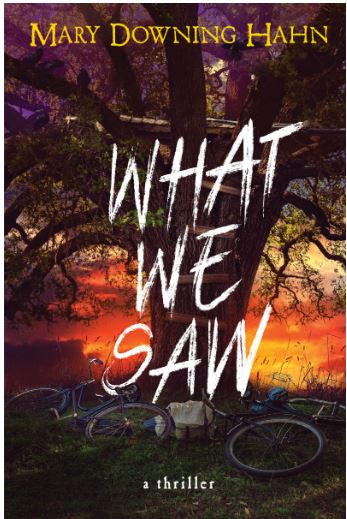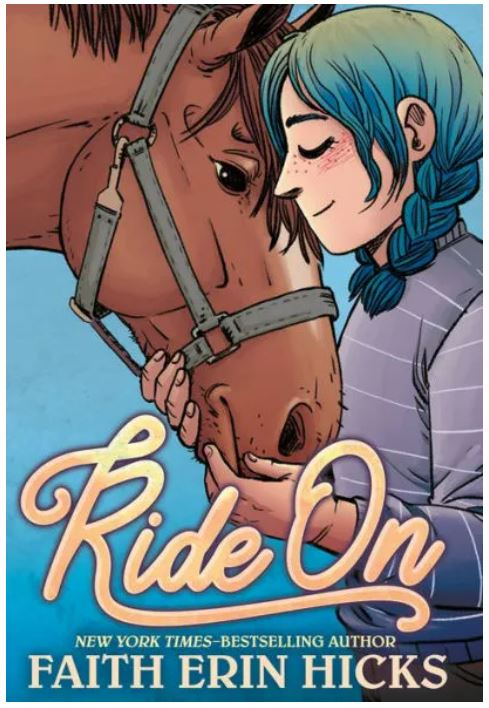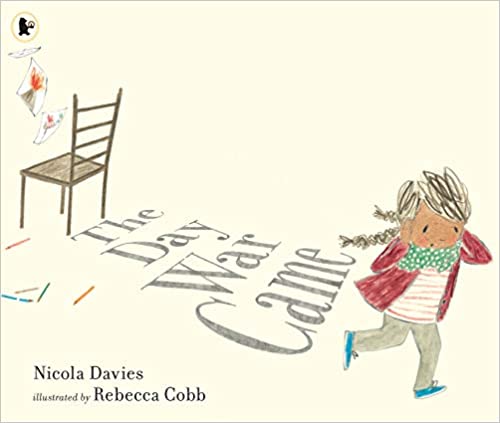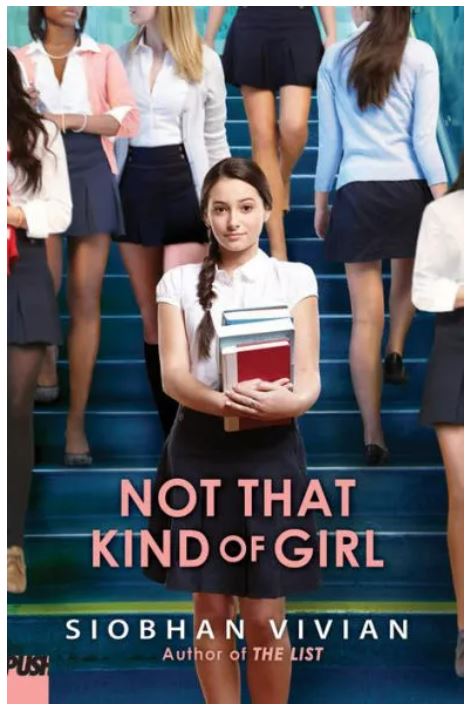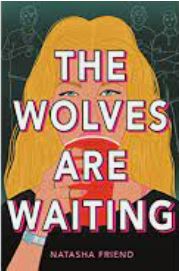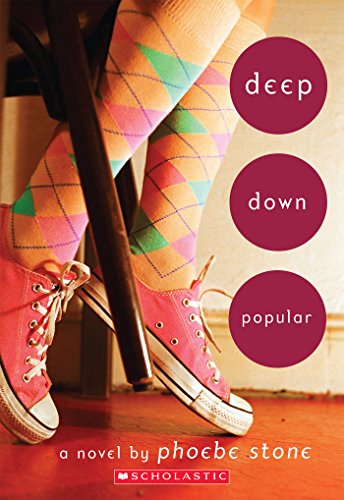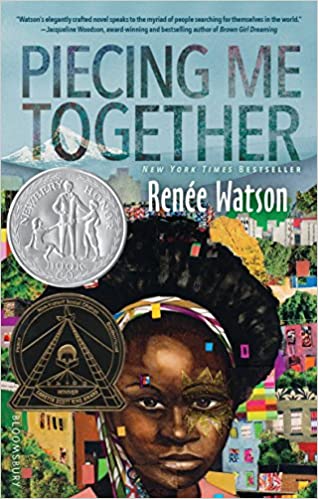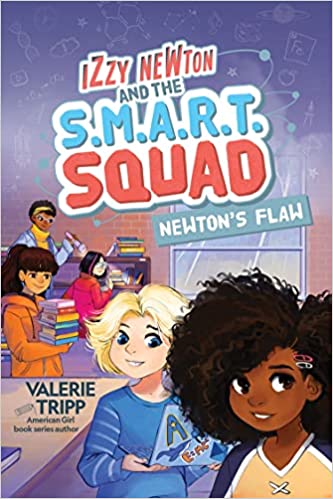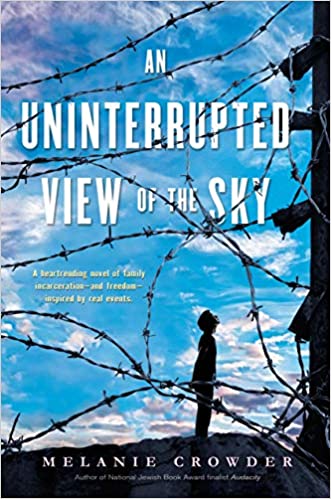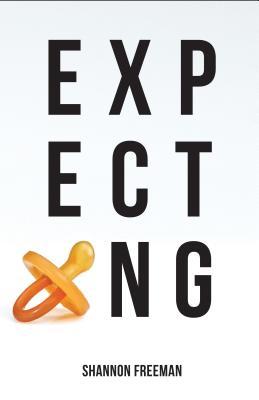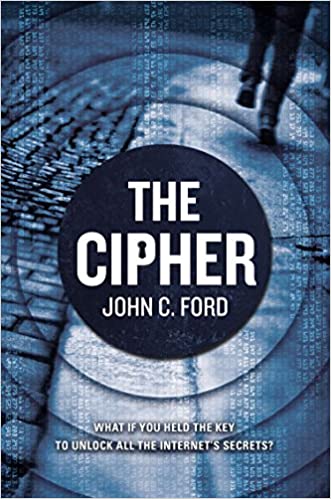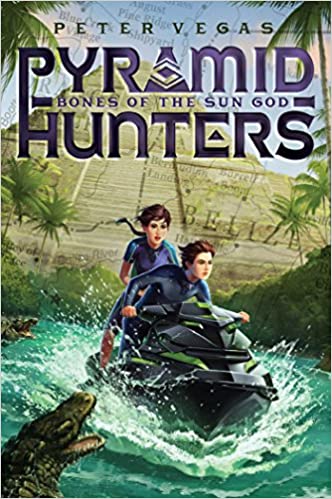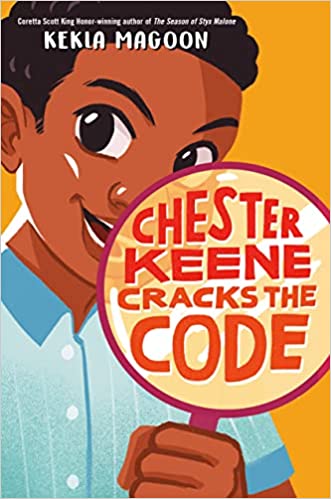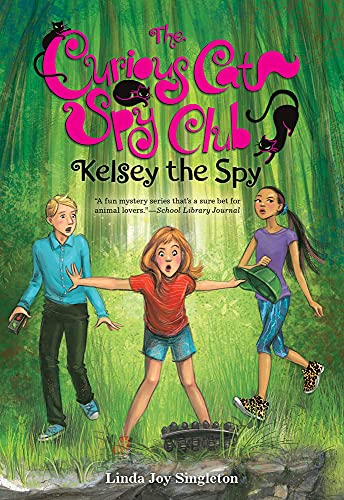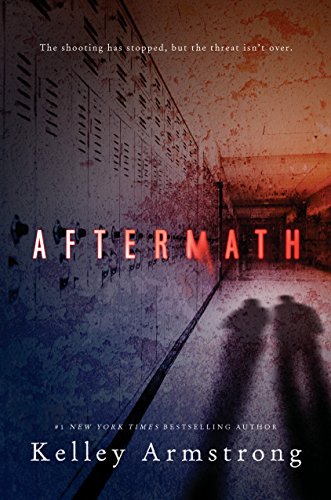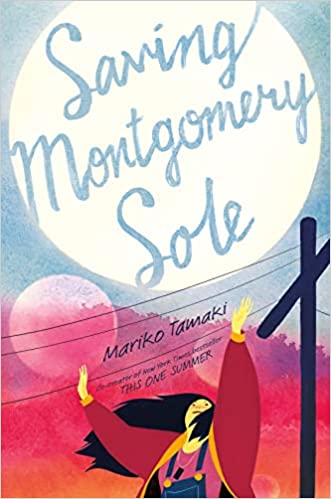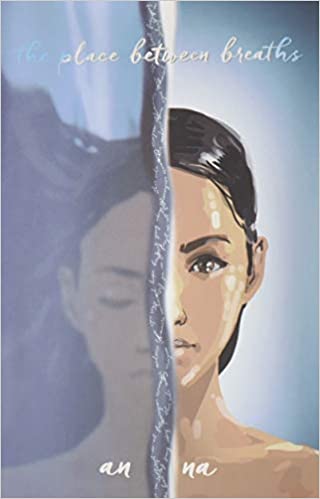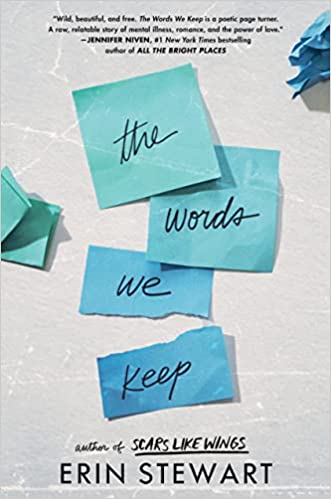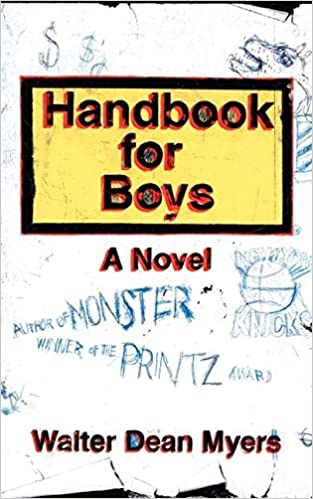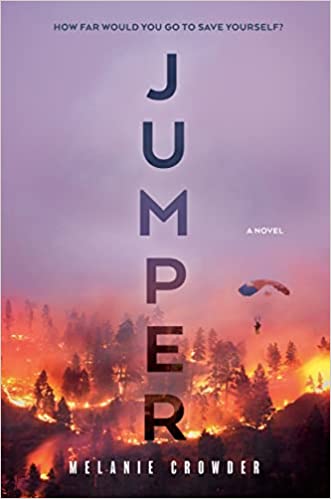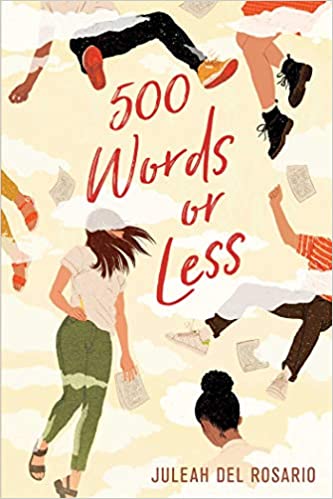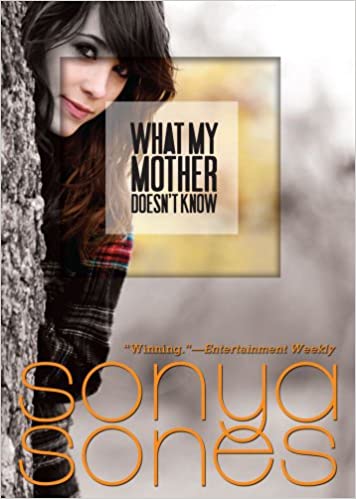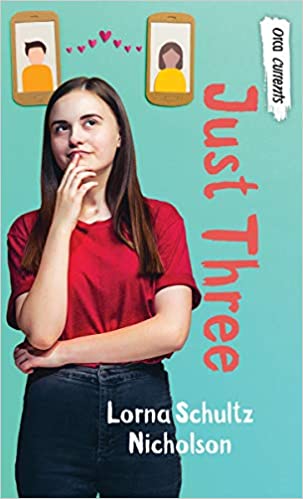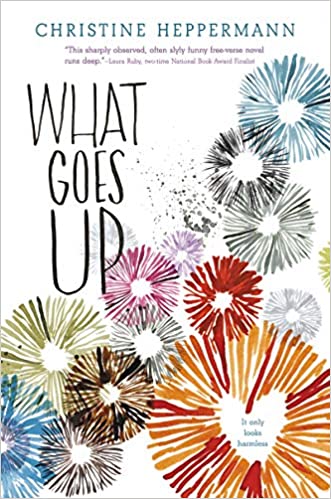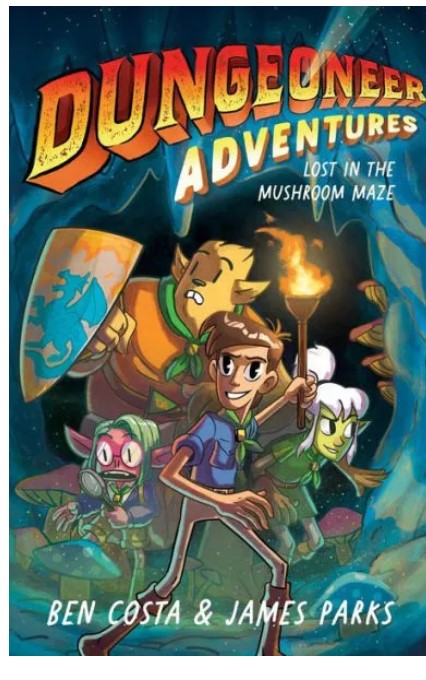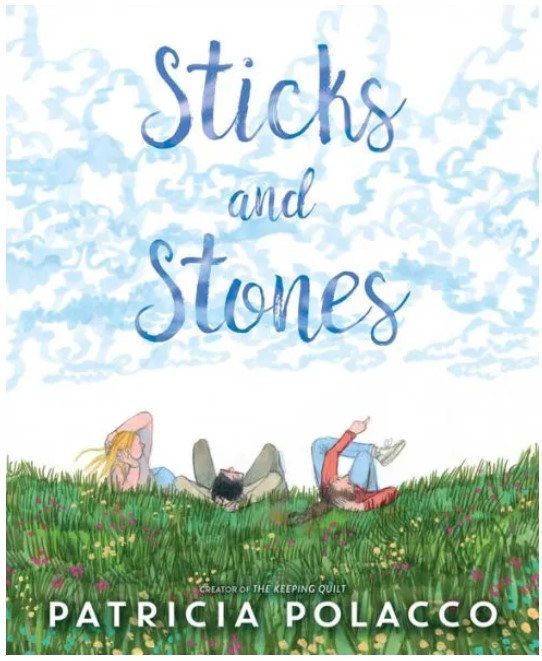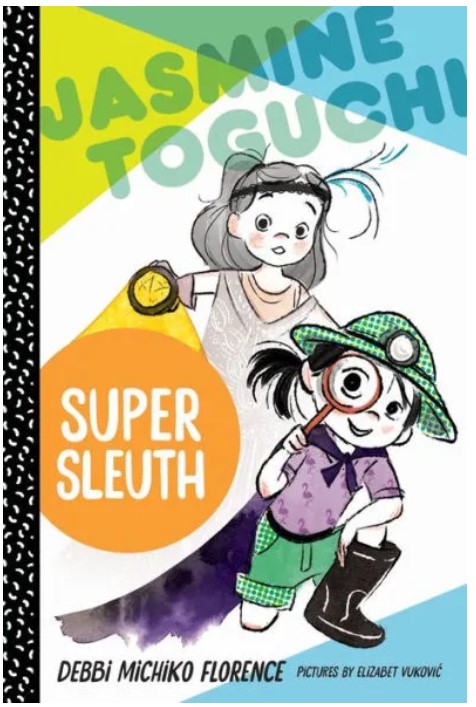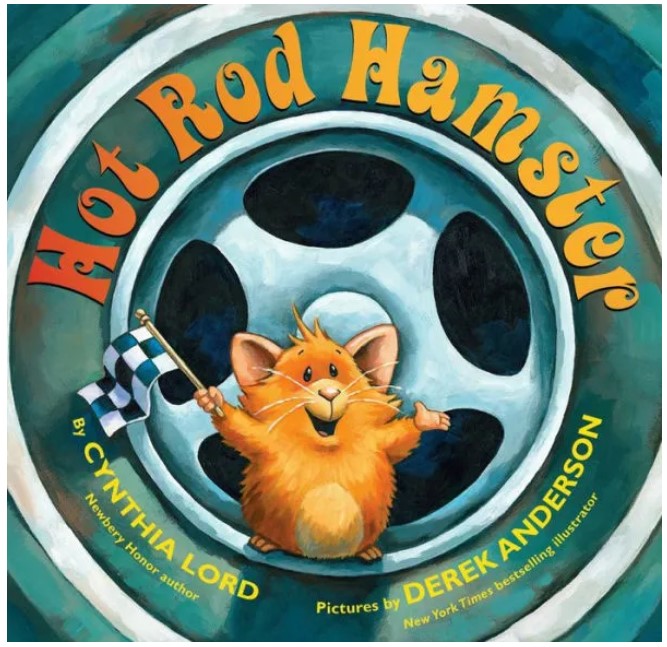When best friends Abbi and Skylar witness a clandestine meeting between a mysterious woman and someone in a dark van, they’re thrilled. Finally, a mystery to spice up the summer!
Who could these people be? Why are they meeting? Are they spies? Criminals? The two girls are determined to find out. But then a local woman goes missing and is found dead in the woods. And Abbi and Skylar realize that their detective work could hold the keys to solving her murder. Suddenly, sleuthing isn’t so fun anymore.
As tensions rise and their friendship frays, the girls find themselves in increasing danger, and must choose between keeping a secret or exposing a life-altering truth.
What We Saw is told from Abbi’s point of view and her best friend, Skylar, also plays a significant role. Nevertheless, readers may have a difficult time relating to either of the girls. Of the two, Skylar is more adventurous, but she is also jaded because her father is a “cheater.” On the other hand, Abbi is more fearful and often follows Skylar’s lead, even when she knows she shouldn’t. Both girls are secretive and hide things from their mothers because they don’t want to get into trouble. Even when the girls realize they have information about the missing woman, the girls don’t come forward at first. Both girls are immature and self-absorbed which makes it difficult to connect with them.
When Abbi discovers who killed her teacher, Ms. Sullivan, Abbi’s only concern is not letting her mom find out what she’s been up to. Instead of telling her mother the truth, she keeps quiet because “right now, I need a mom who loves me, not one who’s too mad at me to care if I go to jail. I’ll lie my head off to keep her on my side as long as I can.” First of all, Abbi isn’t thinking clearly since she has done nothing illegal. Secondly, Abbi’s mother is portrayed as a reasonable, caring parent who isn’t going to hate her daughter. In fact, when Abbi’s mother finds out part of the truth, she tells Abbi that she will never hate her.
While What We Saw is supposed to be a thriller, there is very little suspense besides the description of the creepy woods that is close to the girls’ treehouse. Instead, Abbi focuses on the typical boring events of the summer—going to the pool, going to the mall, and hanging out with Skylar. In addition, the story often goes off on an unnecessary tangent such as Abbi thinking about the books she’s reading. Another example is when Abbi sees her art teacher leaving Victoria’s Secret and thinks, “She’s my teacher. I don’t want to know she wears lacy bras or sexy lingerie.” These events slow down the pace and do little to advance the plot.
To make matters worse, the story’s conclusion doesn’t show any personal growth in Abbi. When Abbi goes to Ms. Sullivan’s funeral, Abbi still focuses on herself. Abbi misses her teacher and thinks about Ms. Sullivan’s paintings, but she’s not concerned about the other people who are affected by her death. After the funeral, Abbi thinks of “Skylar and me and the strange distance that’s opened between us. . . I wonder what eighth grade will be like.” Unfortunately, What We Saw lacks the suspense and mystery that is typical in Mary Downing Hahn’s stories. Mystery-loving fans will want to skip What We Saw and instead explore a book with more depth and insight. For a mystery wrapped up in suspense, you can read The Unexplainable Disappearance of Mars Patel by Sheela Chari or Isabel Feeney, Star Reporter by Beth Fantaskey.
Sexual Content
- As the girls are biking through town, a “beat-up red pickup slows down long enough for the driver to bang on his door and yell something gross at us.” Skylar says the person is “a perv.”
- Skylar’s father is a “cheater” who ran off with a woman. Skylar brings this up often.
- Skylar and Abbi are in a tree house when they see two cars stop at the end of a dead-end road. Skylar says, “Maybe the woman is married and she’s meeting the man in secret. Or maybe he’s the one who’s married. Or they both could be married—to other people.”
- Abbi watches a news report on her teacher’s death. “Ms. Sullivan was assaulted and killed in the woods near Marie Drive. A thirteen-year-old boy found her body under a pile of branches and trash near the train tracks.”
- Skyler thinks that two of her teachers, Ms. Sullivan and Mr. Boyce, were having an affair. She says, “Ms. Sullivan was a cheater, too. She knew he was married, she knew he had a kid, but all she cared about was breaking up his marriage so he could be with her. In some ways, she’s worse than he is.”
Violence
- Two mean boys from Skylar’s school, Carter and Jason, see the girls on their bikes. “Jason tightens his grip on Skylar’s handlebars, and Carter blocks me. . . Carter makes a move to grab my [Abbi’s] backpack, and I duck away. My feet tangle in the pedals and the bike and I topple over.” Abbi has blood “running down my leg from a cut.”
- Skylar finds her brother smoking pot with some of his friends. Her brother says, “Calm down, Skylar, it’s just pot. It’s legal in some places now.”
- While at Dairy Queen, a man named Paul “grabs Jason by the shirt and says, ‘Keep it up and I’ll punch your face in.’” Abbi’s mom’s boyfriend jumps in and calms Paul down. The boyfriend says that Paul “has issues…Drugs and stuff.”
- Carter and Jason see Skylar and Abbi coming down the treehouse ladder. As Jason goes up the ladder, he grabs Abbi’s backpack and she falls “not far enough to kill me, but it hurt when I landed hard on my butt.”
- Carter and Jason get into a fight. “Jason punches Carter, and Carter punches him back. They grab each other like wrestlers and grunt and strain and struggle until Jason’s face turns so red I think he’s dying of heatstroke.” Abbi breaks up the fight.
- Skylar and Abbi follow Carter and Jason into the woods where they see an old trailer house. A drug dealer, Paul, and his dog Diablo appear and when Diablo smells the kids, they all run. Paul shoots at them as they leave. Skylar, Abbi and Jason stay together, but Carter runs off in another direction.
- Jason tells the girls how Ms. Sullivan died. After Ms. Sullivan wanders into the woods, she finds Paul’s old trailer. Then, Paul sees her. “He must’ve been out of his mind on drugs. . . He accused her of being after his drug money. . . he hit her. And he hit her, and he hit her again, and he just kept hitting her. And she was yelling, fighting back, but, but—”
- A police officer tells Abbi that Paul is in jail. When the police went to arrest Paul, they found Carter “badly beaten. He’s in the hospital being treated for severe dog bites and fractures.”
Drugs and Alcohol
- A boy at school smokes cigarettes.
- Skylar found pot in her brother’s bedroom. Later, Skylar’s brother tells her, “Buying that stuff was a once-in-a-lifetime mistake.”
- Twice during dinner, Abbi’s mom and her boyfriend have a beer.
- Skylar and Abbi go to their teacher’s house to get advice. In his kitchen, “the recycling bin overflows with beer cans.” Later, when they go back to his house, Abbi notices that he “smells like beer and coffee.”
- Carter and Jason were selling drugs for Paul.
Language
- The kids in the story occasionally call other people names such as moron, jerk, druggie, and idiot.
- Carter blows cigarette smoke in Abbi’s face and says “Bowwow, ugly dog.”
- Hell is used once.
- Jason says that Paul is a “freaking crazy man. A psycho.”
- Oh my God is used as an exclamation twice.
Supernatural
- None
Spiritual Content
- When Abbi finds out her teacher was murdered, she asks, “Why does God allow bad things to happen to people like her? I don’t understand.”
